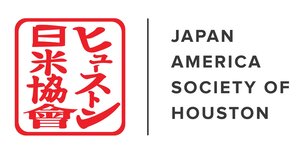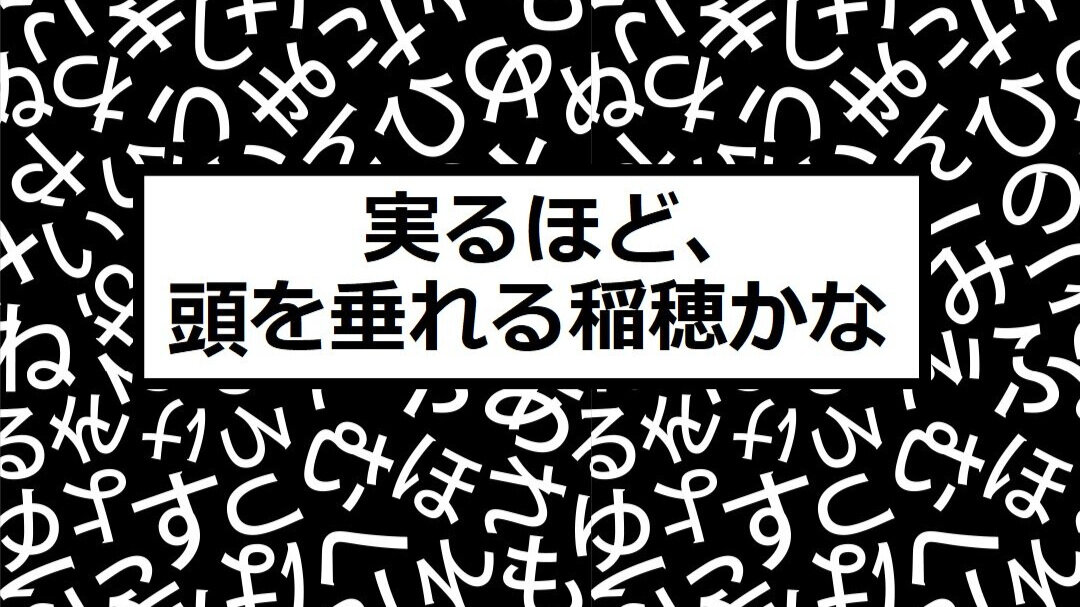「実るほど、頭を垂れる稲穂かな」 (みのるほど、こうべをたれるいなほかな; minoruhodo, koube wo tareru inaho ka na) is the Japanese equivalent of the proverb “The boughs that bear most hang lowest” or “The more noble, the more humble.”
実る (みのる; minoru) means ‘to produce’ (i.e., berries, fruits, kernels). Figuratively, this verb is used to mean ‘to accomplish.’
垂れる (たれる; tareru) is a verb commonly used to mean ‘to drip down,’ but the phrase 頭を垂れる (あたまをたれる; atama wo tareru) literally means to lower one’s head or to bow humbly.
かな (kana) is an old-fashioned suffix that is solely used for haiku nowadays in order to express a poet’s deep emotion. Its more modern equivalent is だなあ (danaa).
The word 稲穂 (いなほ; inaho) refers to a rice stalk. Rice is the staple food in Japan as well as Eastern Asia and is the symbol of Japanese food culture. The rice stalks bow down as they grow ripe and beautifully glisten in the sunlight during the harvest time. The lower the rice stalks bow, the more grains they hold. Bowing is the expression for humbleness. The Japanese people of the past likened this to the idea that the wiser a person becomes, the stronger sense of humility he/she develops.
The foremost figures and experts in any field are rarely ever satisfied with their achievements. As they continue to succeed and hold respectable positions, they realize there is always someone above them. They might feel that they are still in the middle of the long road to reach their goal. So, they would rather continue to strive for improvements in awe of the people above their rank, or in shame of having not finished their job, than brag about their accomplishments. Conversely, the shallow brag and bluff to cover up inabilities and hollowness, and end up with poor results.
In Japan, humbleness is a virtue reflected by the philosophy of Zen Buddhism.
The haiku-style proverb resonates during this time of crisis as lockdowns across the globe have led to a reexamination of virtues and values. The pandemic has served as a reminder that individual virtues are tied to civic virtues. We are humbled at this time and ever more aware that our personal sacrifices are connected to a broader public good.
-Midori Ukita, JASH Language Coordinator

